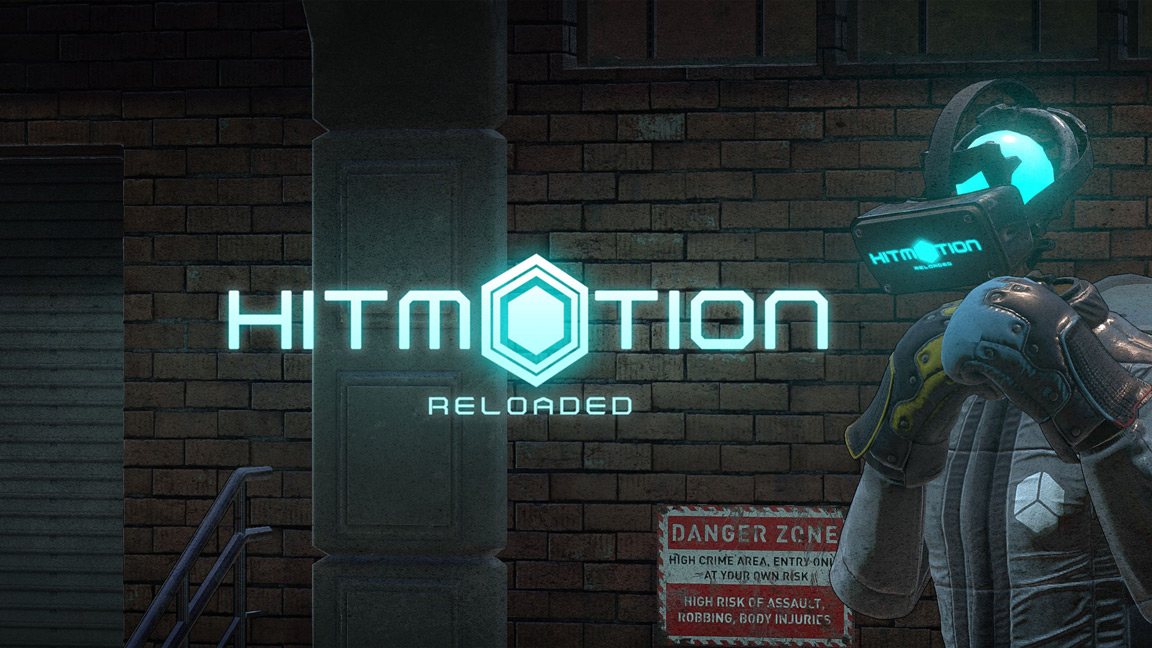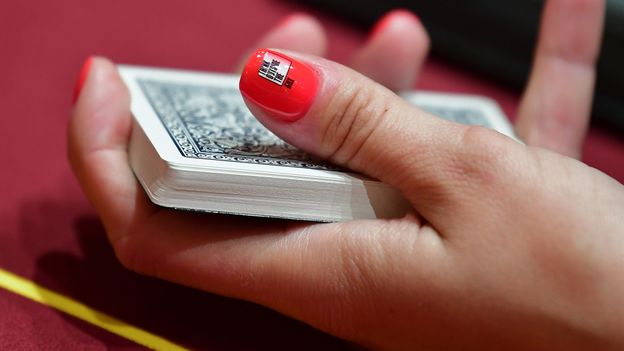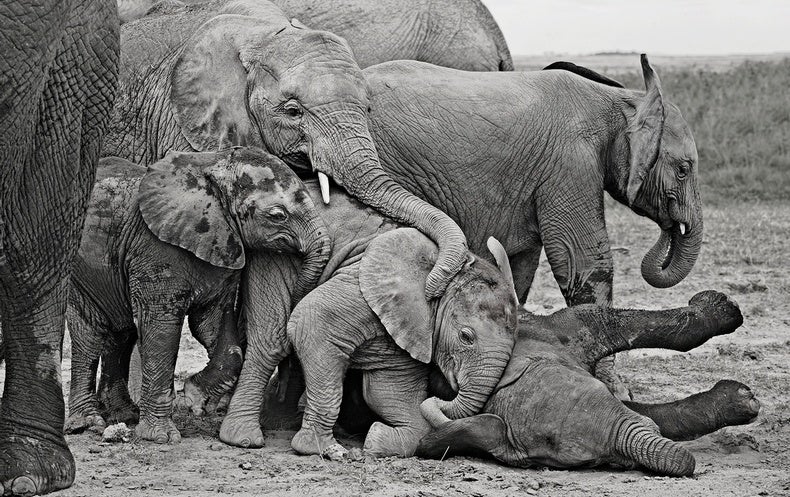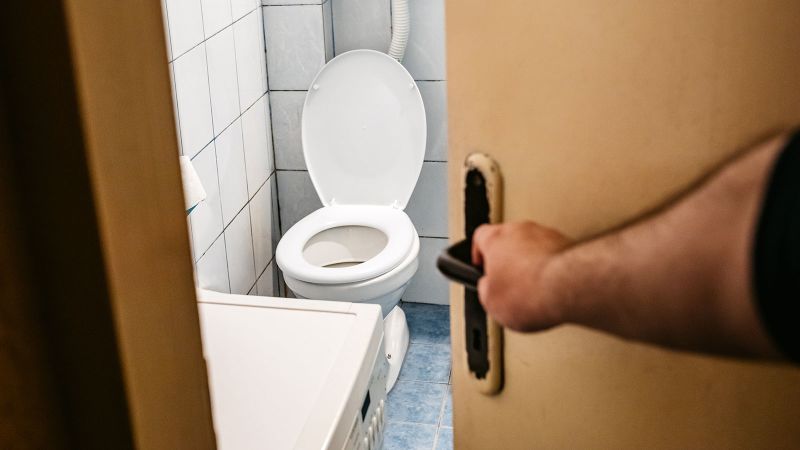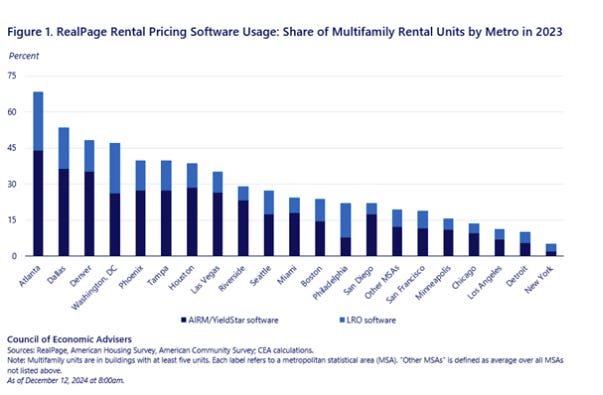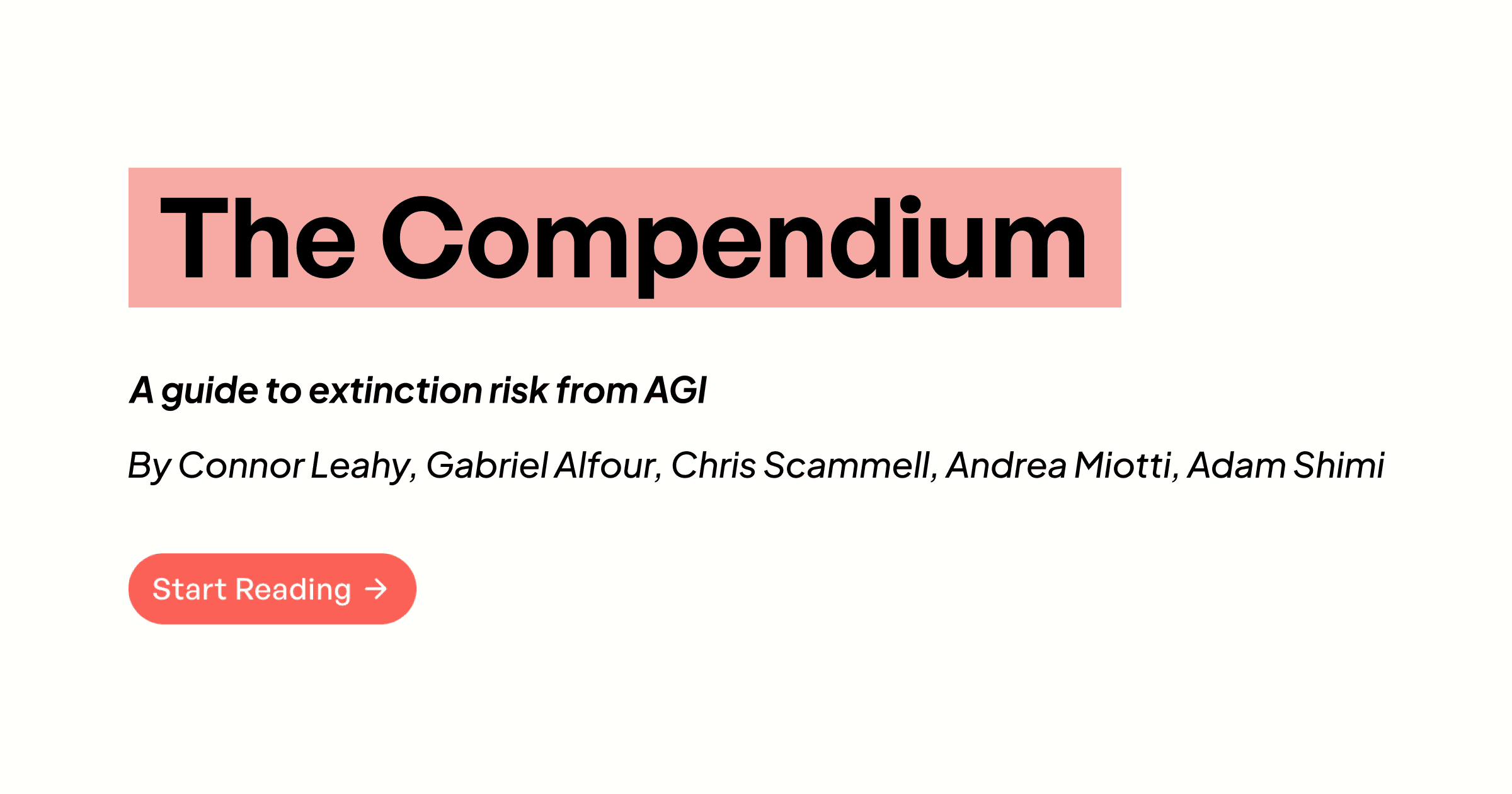
The Cuttlefish’s Play
On a long coastal walk to find a picnic spot, two children and their parents fill pillowcases with plastic trash: a bracelet charm, a bath duckie, a half-buried five-gallon jug. The family’s quest is twofold—cleaning their South Pacific island paradise in order to protect its wildlife, and collecting material for the mother Ina’s monumental objet trouvé sculptures. Ina picks up a colorful, barnacle-encrusted drink box from the rocks of a tide pool. After debate she puts it back, not wanting to kill the crustaceans. “Is a thing still garbage,” she asks, “once life starts using it?”
This is the kind of revaluation that readers have come to expect from Richard Powers. Playground, his fourteenth novel, does for oceans what The Overstory (2018) did for trees: it implores us to open ourselves to the ingenuity of life beyond the human. Powers plots our seduction by the natural world, the better to save us all.
Playground is also a meditation on play: an enigmatic, understudied behavior that we share with many animals. The novel’s central relationship develops between two men across a chessboard: a yearslong play-fight and bonding ritual. Diving scenes feature marine animals at play, from a cuttlefish’s solitary performance of breathtaking color washes to a giant manta ray circling back through the water to repeatedly tickle its belly with a diver’s expelled air bubbles.
